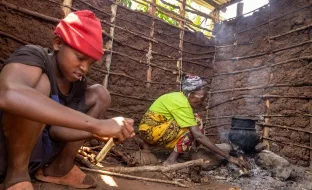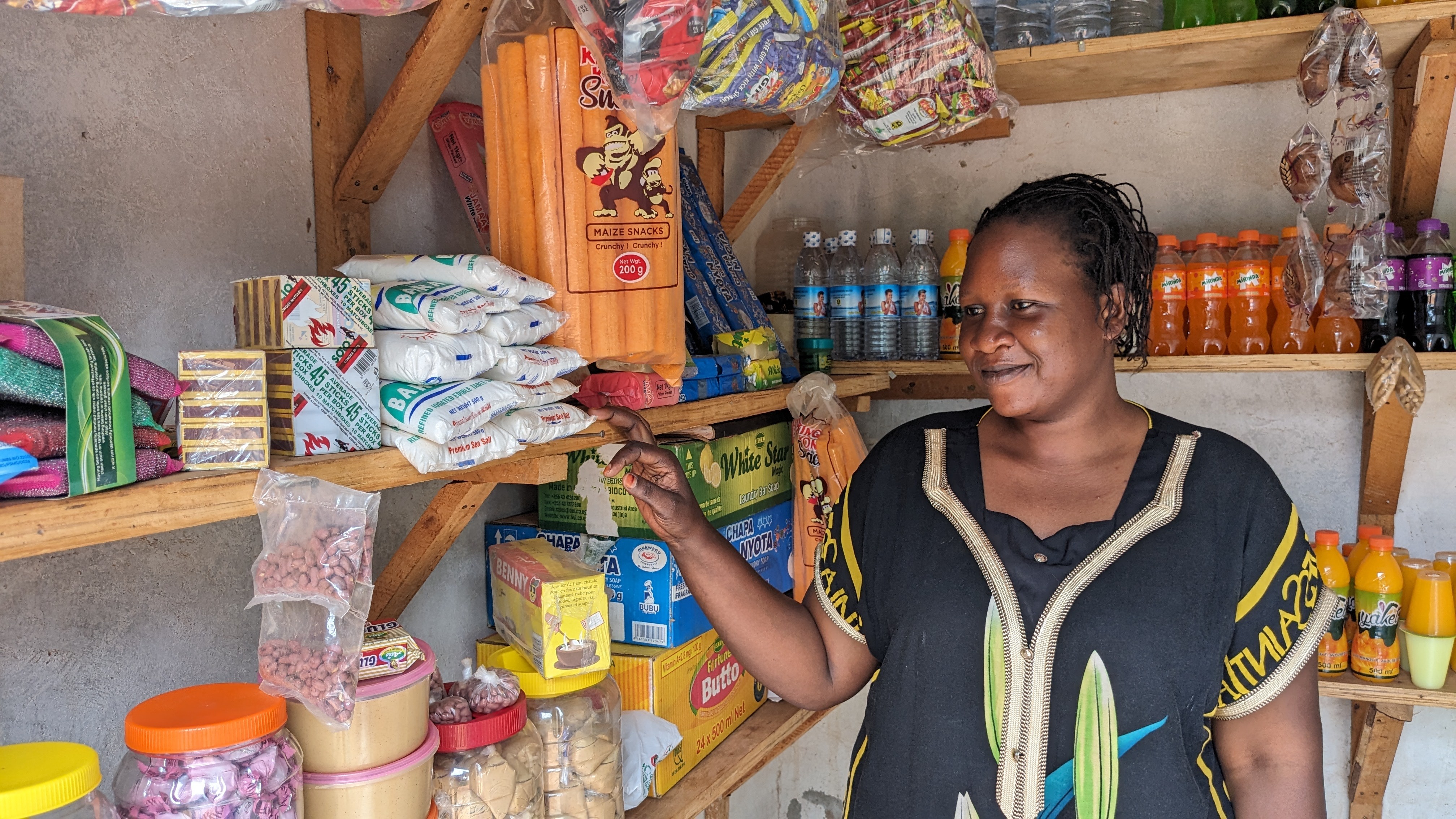I often hear GiveDirectly cited as one of the most innovative players in the nonprofit sphere for giving out cash with no strings attached. Although that’s noteworthy, for me, what makes the organization exceptional is its team’s commitment to use rigorous, scientific evidence to inform, evaluate, and improve its program.
For the past six months, I’ve been working as a research manager with a team of economists and behavioral scientists from around the world to oversee a randomized controlled trial looking at the effects of different cash transfer designs on GiveDirectly recipients in Kenya. It is my job to integrate myself into GiveDirecty’s existing operation and propose changes that, while important for our research and the field broadly, can be difficult to implement and are certainly not GiveDirectly’s standard practice. However, working with people at all levels of the organization, it’s become clear to me that the staff at GiveDirectly does not view the evaluation as just another annoying formality or inconvenience, but rather as an important and exciting learning opportunity. A few stories come to mind that illustrate this commitment.
During our baseline surveying round in November of last year, the team and I had an hour-long discussion about the definition of a household as it applied to one specific case. The debate had been long and technical, and we were stuck at a stalemate. I was just thinking I would have to make an executive decision when one field officer said, “Ok, I understand there are good points on both sides. But we want the data to be consistent and of high-quality. So we have to come to an agreement such that when we come across a similar situation in the future, we will deal with it in the same way. That is the only way to do research.” Everyone murmured in agreement, and after a short while, we did come to a final conclusion. That was the first time I realized just how invested GiveDirectly staff were in upholding the rigor of the study, and I’ve continued to be humbled by their dedication day after day.
I’ve also been working closely with Joe, GiveDirectly’s Kenya Field Director, on coordination and logistics to make sure the study runs as smoothly as possible. He has been a strong supporter of the research from the get-go and has helped move it along in significant ways. Our launch had been delayed several times while we worked towards obtaining the necessary research approvals, and I raised the issue of our ever-narrowing timeline with him while we were waiting to meet with local government officials to get buy-in for the study. His response was to offer me a much larger team – “go bigger, faster” in his words – even if it meant a temporary slowdown for regular GiveDirectly operations. I remember thinking how strange he looked in his suit (which I had never seen him wear before, or since), how hot he must have felt, and ultimately, how glad I was that he was there. And sure enough, with the increase in manpower and all our paperwork in order, we were able to meet our deadlines.
Everyone that I’ve interacted with at GiveDirectly, from field staff to management, shares an appreciation for research and a curiosity for knowledge. We have just wrapped up our follow-up survey, and many of the field officers have already started wondering what the data will look like at endline. Although we still have some ways to go until then, I trust that the results will be able to inform GiveDirectly and others employing direct cash transfers as a tool for poverty alleviation on how best to design a cash transfer program. All that time spent deliberating household definition and sitting in office waiting rooms will be well worth it for the global poor.
Note from the GiveDirectly team: You’ve probably heard about the independent evaluation of our program, and you may be wondering why GiveDirectly field officers are involved in this study. Our policy is that, when it’s an evaluation of whether cash works, it needs to be fully independent; when it’s an evaluation of different cash transfer designs, our field officers’ experience is really valuable.

